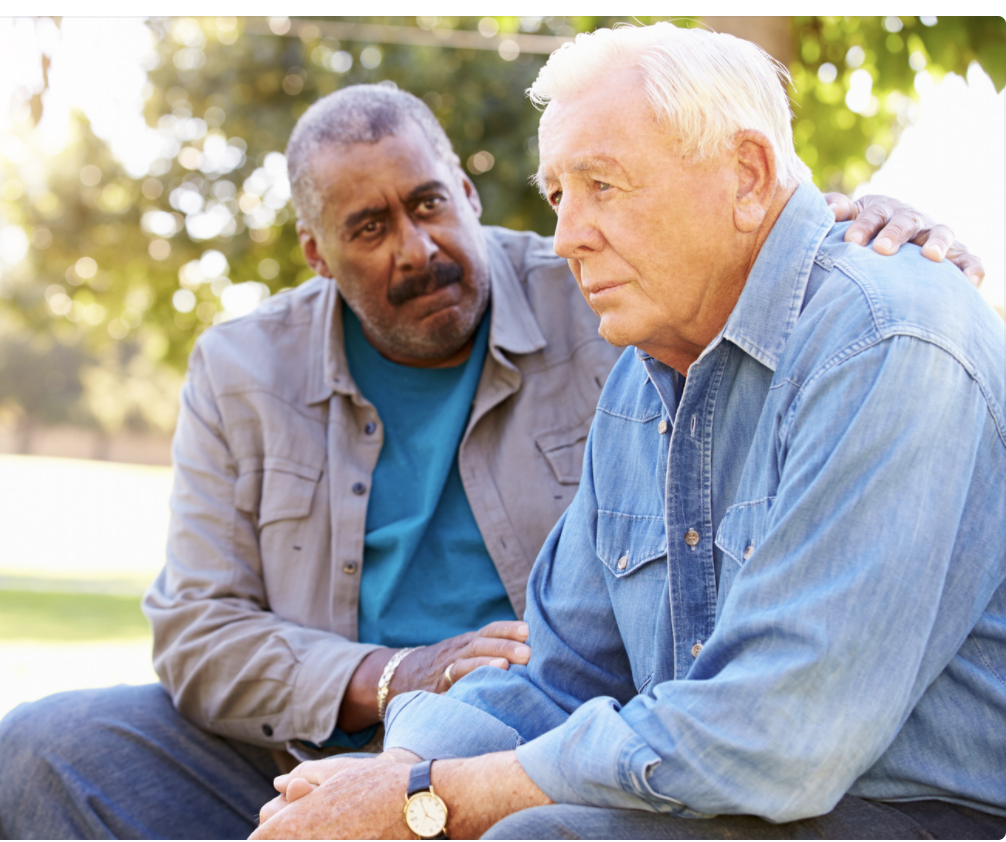Stop And Listen: Being There To Listen Will Cognitively Benefit Your Loved Ones
August 18, 2021

Undoubtedly you know by now the value and importance of friendships as you grow older. We know that both close relationships, as well as casual contacts, are essential for healthy physical and cognitive aging. And now, with research just published in the JAMA Network Open, from the NYU Grossman School of Medicine, comes even more validation that having an essential and available listener in your life may give you the cognitive resilience needed to weather the ravages of brain aging that could lead to dementia.
As the researchers from this study define it, “Cognitive resilience is the difference between an individual’s expected and actual cognitive performance, given their underlying brain structure and level of vulnerability to neuropathological changes.” In this study, researchers found that having a person in your life whom you can count on to listen to you when you need to unload is associated with greater cognitive resilience. That resilience is then a buffer to protect your brain and cognition from aging and disease (such as dementia) that could lead to cognitive impairment. As one of the researchers made clear, “While there is still a lot that we don’t understand about the specific biological pathways between psychosocial factors like listener availability and brain health, this study gives clues about concrete, biological reasons why we should all seek good listeners and become better listeners ourselves.” To find out more, lend an ear and click here.
So how do you become a better listener? There is a website specifically called “supportivelistening.org” that appears no longer active but nonetheless has some useful information on it. According to this website, the concept of “supportive listening” describes a way for people to support others through “a balanced form of attentive, calm, connected, non-directive listening.” Moreover, it describes a way of listening and supporting others while not becoming emotionally drained. According to a recent post in Very Well Mind, the sorts of skills you would need to employ to be a supportive listener would include maintaining eye contact while the other person vents, resisting the urge to be judgmental or to offer unsolicited advice, repeating back to the person your understanding of what they are saying (so they really know you heard them) and making sure the focus stays on them- don’t respond with scenarios that involve you. In essence, by listening without interrupting or involving your own feelings, you can allow that person to feel supported as they work to solve their own challenges (and keep their brain resilient). It’s a challenge, for sure, but as the saying goes, that’s what friends are for. And hopefully, you will find such friends for yourself as well.







